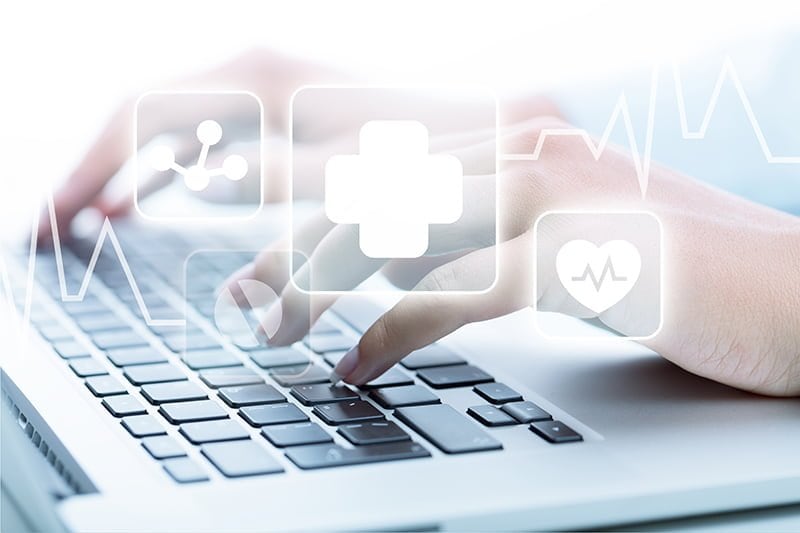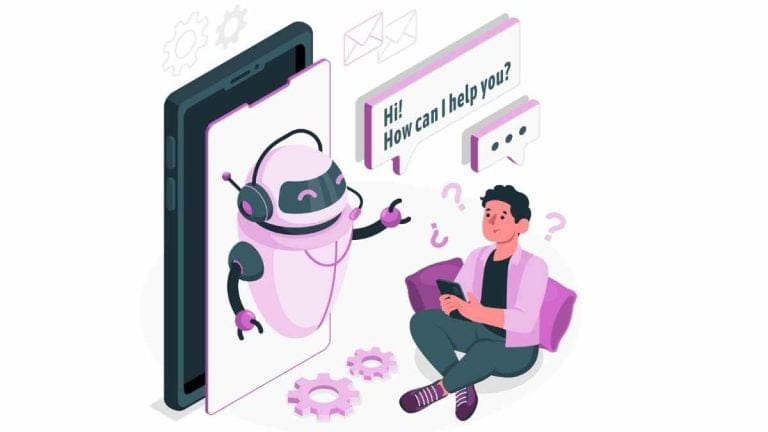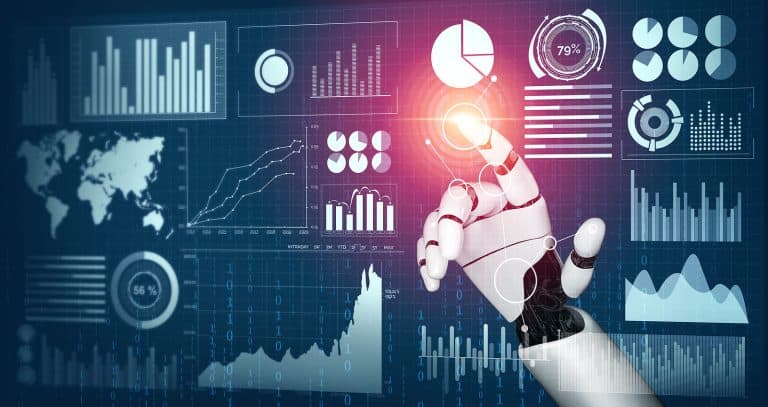Looking back even just over the last 10 years, it’s easy to see how far technology has come. Consumer electronics like smartphones, for instance, are considerably stronger, thinner and more capable these days than they were even five years ago. Then there’s machine learning, AI and big data. We’ve made tremendous strides with automation software and hardware that can carry out tedious and repetitive tasks — self-driving vehicles fall into this category. Augmented-reality, mixed-reality and virtual-reality platforms have moved out of the realm of sci-fi and into our homes. Consumer and professional-level drones and robotics are more practical and affordable. We’ll stop there, but we could keep going.
Table of Contents
ToggleAnother form of technology that’s advancing at alarming rates — and seeing new uses crop up — is IT, or information technology. More specifically, the healthcare IT market is changing and evolving, improving accuracy and efficiency for healthcare professionals.
You could argue that all these advancements go hand in hand. Because honestly, once the IT market and its associated technologies see an improvement, anything related to them does, as well — like big data, cloud computing, remote technologies and more.
What does all this have to do with the healthcare industry, though? The answer is anything and everything.
How will information technology affect healthcare in the years ahead?
The obvious agent of change in the healthcare industry will come from artificial intelligence, machine learning and big data systems. Clinically and financially, these technologies make complete sense.
Breaking it down to basics, a doctor or health physician will listen to ailments or problems, conduct a variety of tests, then make a diagnosis based on the available information, plus their knowledge and experience in the industry. However, even with their years of training, doctors can get things wrong sometimes, and it’s not necessarily anyone’s fault. It’s easy to miss a symptom or issue, or focus on a type of test or ailment that’s unrelated to what’s going on with a patient.
The use of big data, analytics, AI and machine learning can nullify and possibly eliminate these problems completely. How? Over time, the systems collect great swaths of data, which can then be used to influence future decisions, actions and diagnoses. For instance, a properly configured AI system, with enough accessible data, could identify a problem or ailment a doctor might miss or take longer to identify through no fault of their own. That’s not to say AI is better than health care professionals, but rather, is complementary to their regular treatments and processes.
More importantly, AI and machine learning systems will allow the health care industry as a whole to identify patterns, trends and useful insights from huge data collections they’re already dealing with. Consider a patient’s medical chart or folder, for example, filled to the brim with details about past treatments, health history and family information. Of course, in modern doctors’ offices, this information likely comes in the form of a digital file or document, as opposed to a hard-copy file — though traditional folders are still common. A health care physician most likely skims over these documents and papers, without reading them in full, just to get a better idea of a patient’s needs. That’s where machine learning and AI take it in a different direction.
Even without the benefits of AI, big data is playing an ever expanding role in healthcare. Healthcare IT professionals are able to use analytics to reduce fraud, waste and abuse- all of which add up to a better experience for both patients and workers. In fact, we’ve come to the point where EMS response time can be improved with real time data monitoring and alerting.
What about 2018?
Information technology as a whole will be improving the healthcare industry going forward, and for the better. But the question is, how much progress can we hope to see in the coming year? Are machine learning and AI systems really that close to deployment?
A Boston-based biopharma company named Berg is currently using artificial intelligence to drive research and development. Another platform, powered by Google’s DeepMind Health, will be rolling out to various UK-based hospitals.
In fact, there are so many uses of this technology in play that 2018 is looking to be a lucrative year for healthcare IT.





